Martial Peak Reviews
Julie Clark’s The Ghostwriter is a gripping exploration of family secrets, the haunting nature of past traumas, and the complex dynamics between truth and fiction. Set against the backdrop of a tragic family history, the novel delves into the life of Olivia Dumont, a ghostwriter who has spent her career in the shadows, much like the secrets she harbors. The book is a masterful blend of psychological thriller and family drama, offering readers a compelling narrative that is as much about uncovering the truth as it is about the emotional journey of its characters.
The novel opens with a chilling premise: in June 1975, the Taylor family is torn apart when two teenage siblings are found dead in their home. The only surviving sibling, Vincent Taylor, is immediately engulfed in suspicion and whispers of guilt that follow him into adulthood. This early tragedy sets the stage for a narrative that is both suspenseful and deeply introspective. Vincent's subsequent career as a horror writer adds a metafictional layer to the story, blurring the lines between his fictional creations and the real-life horror he has lived through.
At the heart of the novel is Olivia Dumont, Vincent's estranged daughter, who has built a life and career separate from her father's notorious legacy. Olivia is a well-crafted character, embodying the tension between personal ambition and familial loyalty. Her decision to ghostwrite her father’s last book is driven by financial desperation, but it also becomes a catalyst for her own journey of self-discovery. Clark skillfully portrays Olivia’s internal conflict, making her a relatable and sympathetic protagonist. Her struggle with her identity and her relationship with her father is a central theme that resonates throughout the novel.
Vincent Taylor, on the other hand, is a complex character shrouded in mystery and ambiguity. His decision to finally reveal the truth about the night his siblings died is a pivotal moment in the story. Clark does an excellent job of maintaining suspense, gradually peeling back layers of Vincent’s character to reveal a man haunted by his past and the choices he has made. The dynamic between Vincent and Olivia is fraught with tension, yet it is also a poignant exploration of forgiveness and understanding.
One of the novel’s strengths is its exploration of the theme of truth versus fiction. As a ghostwriter, Olivia is accustomed to crafting narratives for others, yet she finds herself grappling with the authenticity of her own story. Vincent’s career as a horror writer further complicates this theme, as his fictional works are both an escape from and a reflection of his reality. Clark uses this interplay to question the nature of storytelling itself, inviting readers to consider how narratives are constructed and the power they hold over our lives.
The setting of the novel, with its dual timelines, is effectively used to build tension and intrigue. The 1975 tragedy is a constant presence, its shadow looming over the present-day events. Clark’s use of flashbacks is seamless, providing crucial insights into the characters’ motivations and the events that shaped their lives. The pacing is well-balanced, with each revelation adding depth to the story and keeping readers engaged.
In terms of style, Clark’s writing is both evocative and precise. Her ability to create atmosphere and mood is evident in the way she describes the Taylor family home, a place that is both a sanctuary and a prison. The dialogue is sharp and realistic, capturing the nuances of strained family relationships. Clark’s prose is particularly effective in conveying the emotional weight of the characters’ experiences, making the novel a compelling read from start to finish.
Comparatively, The Ghostwriter shares thematic similarities with works like Gillian Flynn’s Sharp Objects and Paula Hawkins’ The Girl on the Train, both of which explore the dark undercurrents of family and the unreliability of memory. However, Clark’s novel stands out for its focus on the process of storytelling itself and the unique perspective of a ghostwriter navigating her own family’s narrative.
Overall, The Ghostwriter is a thought-provoking and emotionally resonant novel that will appeal to fans of psychological thrillers and family dramas alike. Julie Clark has crafted a story that is both a page-turner and a profound meditation on the nature of truth, identity, and the stories we tell ourselves. It is a testament to her skill as a writer that she is able to weave these complex themes into a narrative that is as entertaining as it is enlightening.
For readers seeking a novel that challenges their perceptions and keeps them guessing until the very end, The Ghostwriter is a must-read. It is a book that lingers in the mind long after the final page is turned, a haunting reminder of the power of secrets and the enduring quest for truth.
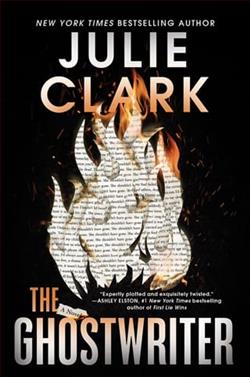




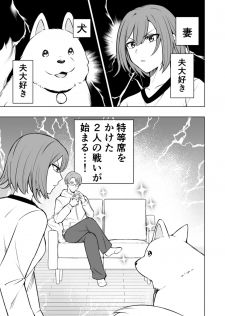



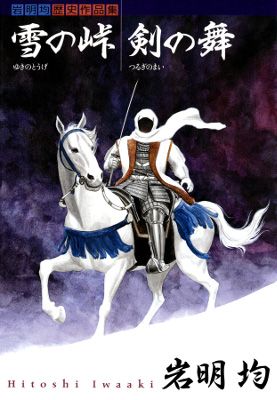
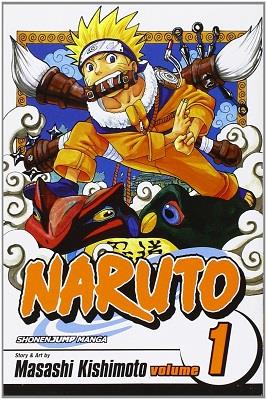
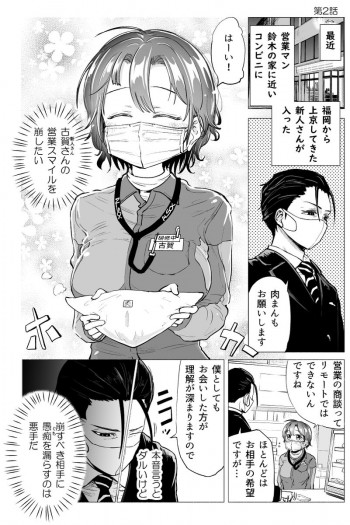












Reviews 0
Post a Reviews: